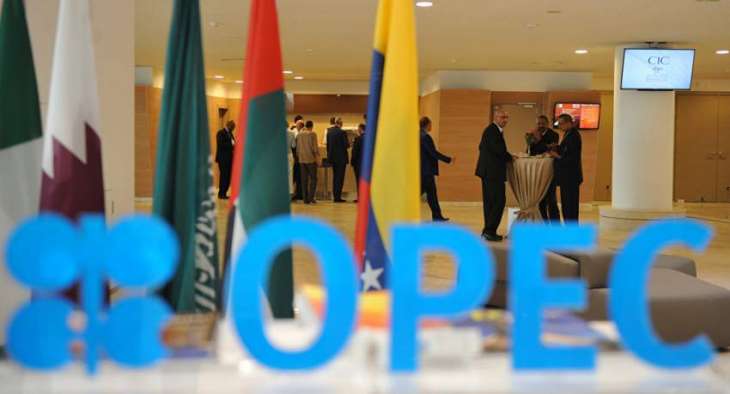He participation in the agreement reached by the Organization of the Petroleum Exporting Countries (OPEC) and other oil producers to cut oil output is voluntary and each side, including Iran, has the right to quit, Russian Energy Minister Alexander Novak said on Tuesday.
BARNAUL (Pakistan Point News / Sputnik - 28th August, 2018) The participation in the agreement reached by the Organization of the Petroleum Exporting Countries (OPEC) and other oil producers to cut oil output is voluntary and each side, including Iran, has the right to quit, Russian Energy Minister Alexander Novak said on Tuesday.
"Iran is an OPEC member. As for our interaction within OPEC-non-OPEC [oil output cut deal], the participation is completely voluntary," Novak told reporters when asked about a possible refusal of Iran to continue participation in the deal.
In late June, the 25 OPEC and non-OPEC states agreed to decrease the overall conformity level with oil production cuts down to 100 percent, which corresponded to an increase in production by a combined 1 million barrels per day starting from July. The decision was taken as some OPEC states involuntarily over-performed obligations due to conflicts in their countries, such as Libya and Venezuela. However, the agreement did not specify how the collective 100-percent conformity could be reached if some producers were unable to increase output and their production quotas were not transferable to other producers.
Iran has repeatedly criticized the oil cuts deal Joint Ministerial Monitoring Committee (JMMC) for attempts to redistribute oil production quotas of OPEC states that cannot increase output to non-OPEC countries.
The full resumption of US sanctions against Tehran, which is expected to take place in November, may limit the export of Iranian oil by 1 million barrels per day and has already had a negative impact on oil production. Thus, oil production in Iran, which under the terms of the Vienna deal should not exceed 3.8 million barrels per day, is gradually declining on the eve of the full restoration of sanctions. In July it amounted to 3.737 million barrels per day, according to JMMC.
OPEC and several non-OPEC oil producers, including Russia, reached a deal in Vienna in 2016, agreeing to cut oil output by a total of 1.8 million barrels per day in an effort to stabilize global oil prices. Non-OPEC states pledged to jointly reduce oil output by 558,000 barrels per day. The agreement, which came into effect in 2017, has been extended twice since then and is expected to remain in force until the end of 2018.




